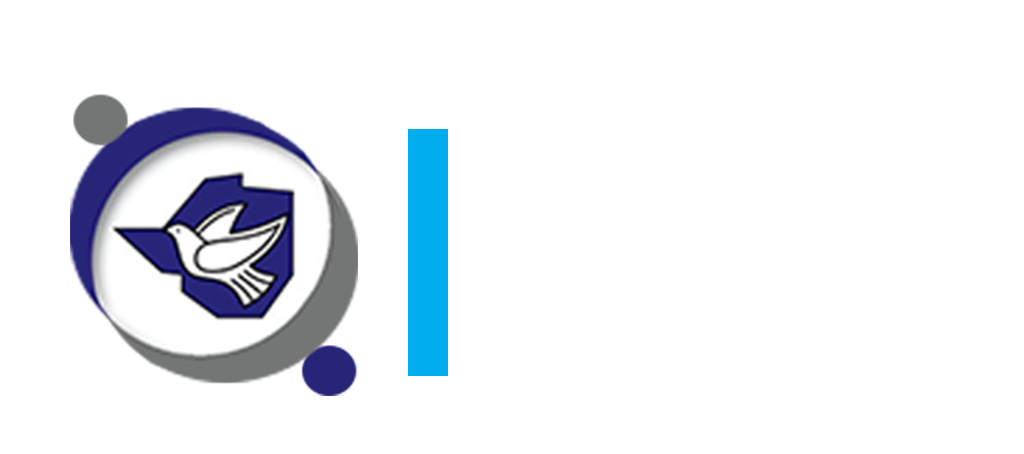19 Jan Human Rights Day 2020
10 December is the International Human Rights Day, and the Zimbabwe Peace Project adds its voice to the growing call for the realisation of human rights in Zimbabwe and beyond, considering that 2020 has seen the worst of the COVID-19 pandemic, where governments, Zimbabwe included – have used the disaster to clamp down on human rights.
This year’s theme speaks to the COVID-19 pandemic and focuses on the need to build back better by ensuring Human Rights are central to recovery efforts.
In that regard, there is need to address the failures exposed and exploited by COVID-19, and apply human rights standards to tackle entrenched, systematic, and intergenerational inequalities, exclusion and discrimination.
In the context of Zimbabwe, there have been heightened human rights abuses, perpetrated mostly by state security agents in the name of enforcing COVID-19 restrictions, and for a sustained eight months, the police, army and other state agents have been the major perpetrators of rights abuses.
In addition, the realisation of the right to health has been elusive, characterised by a deterioration of the state of public health institutions, with healthcare workers going on strike for over six months.
Health institutions have remained incapacitated, and government has not shown intention to prioritise this critical sector, leaving the ordinary people more vulnerable. Women have absorbed most of the challenges in the delivery of the right to health. Due to corruption that has attacked all sections of society most women were unable to access contraceptives as these were now being sold on the streets at exorbitant prices well above the reach of many. In clinics and hospitals expectant mothers faced numerous challenges from being asked to pay extra in United States dollars to losing to leaving without any joy.
Still on socio- economic rights, the right to water, enshrined in Section 77 of the Constitution, has not been realised, with most urban and peri-urban settlements experiencing crippling water shortages. The water crisis has also affected many in rural communities as most water points dried up as a result of effects of climate change that have induced prolonged dry weather.
It is regrettable that International Human Rights Day this year comes just hours after several families in Budiriro were left without a roof after their homes were demolished. Why allow the houses to go up knowing that people are building illegally. ‘’It was heart breaking to see women breaking down and one saying what does she do with a two month old baby in the rainy weather. It was not just inhuman but cruel to subject citizens to demolishing their homes while they watched hopelessly,’’ said Jestina Mukoko the National Director of ZPP. The occurrence reminded citizens of Operation Murambatsvina when homes were demolished at the height of winter.
In light of this, ZPP recommends that December 10 and beyond be an opportunity to reaffirm the importance of human rights in re-building the Zimbabwe that the majority aspires to see, and that is a Zimbabwe where every citizen, regardless of race, ethnicity, political or religious affiliation, enjoys the fundamental rights as enshrined in the Constitution. Government has the sole responsibility to promote, respect and fulfil the rights of citizens.
ZPP therefore implores government to adopt a rights-based approach, not just towards the response and mitigation of COVID-19, but in all its policies and pronouncements as this is key to ensuring all Zimbabweans enjoy the human dignity, rights and welfare due to them.




No Comments